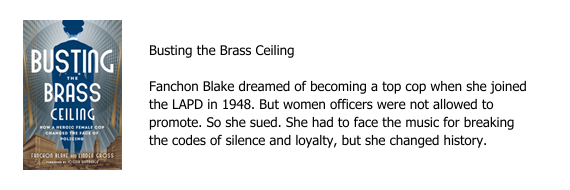My friend and editing client, Morri Stewart, knew that her young adult (YA) novel, Faltofar, would grab students’ attention if she could figure out the ins and outs of selling a book to schools and convince them to integrate her novel into their curriculum. After all, the book had stemmed from bedtime stories she had spun for her twin children over the years. And it had the kinds of themes–from inclusivity to the environment–that both kids and teachers would respond to. That last point is important since, as with all kids’ books, although the audience is technically children or young adult readers, a full-fledged adult is often (and, in the case of schools, always) the one making the purchase.
If you’re hoping to get schools to buy your book(s), there’s a great interview with David Hendrickson, author of How to Get Your Book Into Schools and Double Your Income With Volume Sales from a few years ago that I would suggest you listen to. You’ll find it here. Just be aware that this is something of a long game. Start preparing now for presenting your material for the fall, unless, of course, the summer vacation would give teachers or administrators the necessary time to read your book.
While selling a book to schools presents a terrific opportunity, as former teacher and children’s book author Jane R. Wood points out in her “Marketing for Schools” blog post:
“Because schools are a niche market, it requires some strategies different from how books are promoted to other venues. The most important criteria to consider when marketing books to schools is that a book must reinforce what is being taught in the classroom. Schools don’t have the budgets, and teacher don’t have the time to devote to just another good book. A book must be compatible with the curriculum.“
https://newshelves.com/marketing-books-to-schools/
Wood’s post goes on to talk about the importance of identifying the grade level appropriate for the book as well as the subjects being taught that the book’s content reinforces. While information on the state’s education standards can often be found on the Department of Education website for any given state, that website isn’t the easiest to navigate. So, you might also want to try the Common Core State Standards website.
Finally, Wood suggests that approaching individuals “about how a book can enhance the learning experience for their students” rather than pitching personnel at the district or state level often works best. Sharing marketing materials or the URL for your book’s website, if you have one, also helps you to sell a book to schools.
Easy, right? Okay, not so much. But this is nothing compared to the analysis and recommendations that another friend of mine, Deborah Allen, a creativity coach who has long been involved in education, wrote up for Morri. With Deborah’s permission, I’ll start sharing that next week.




















0 Comments